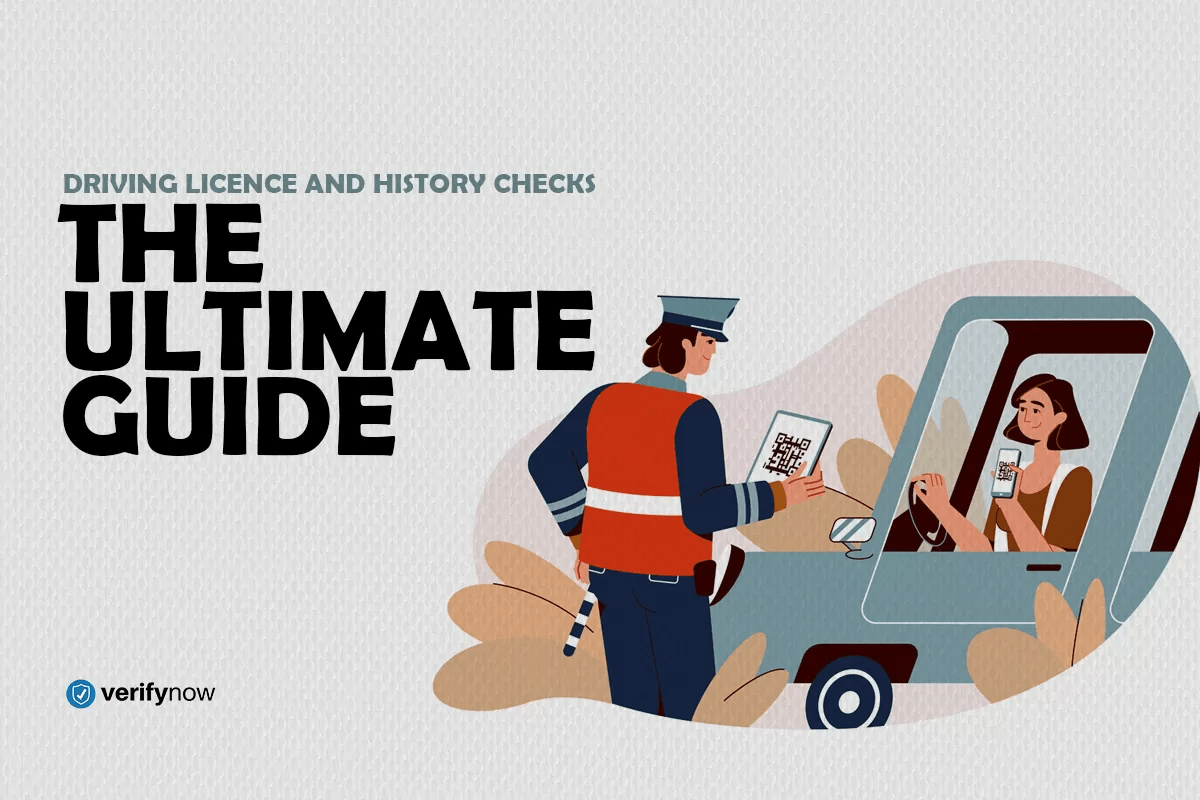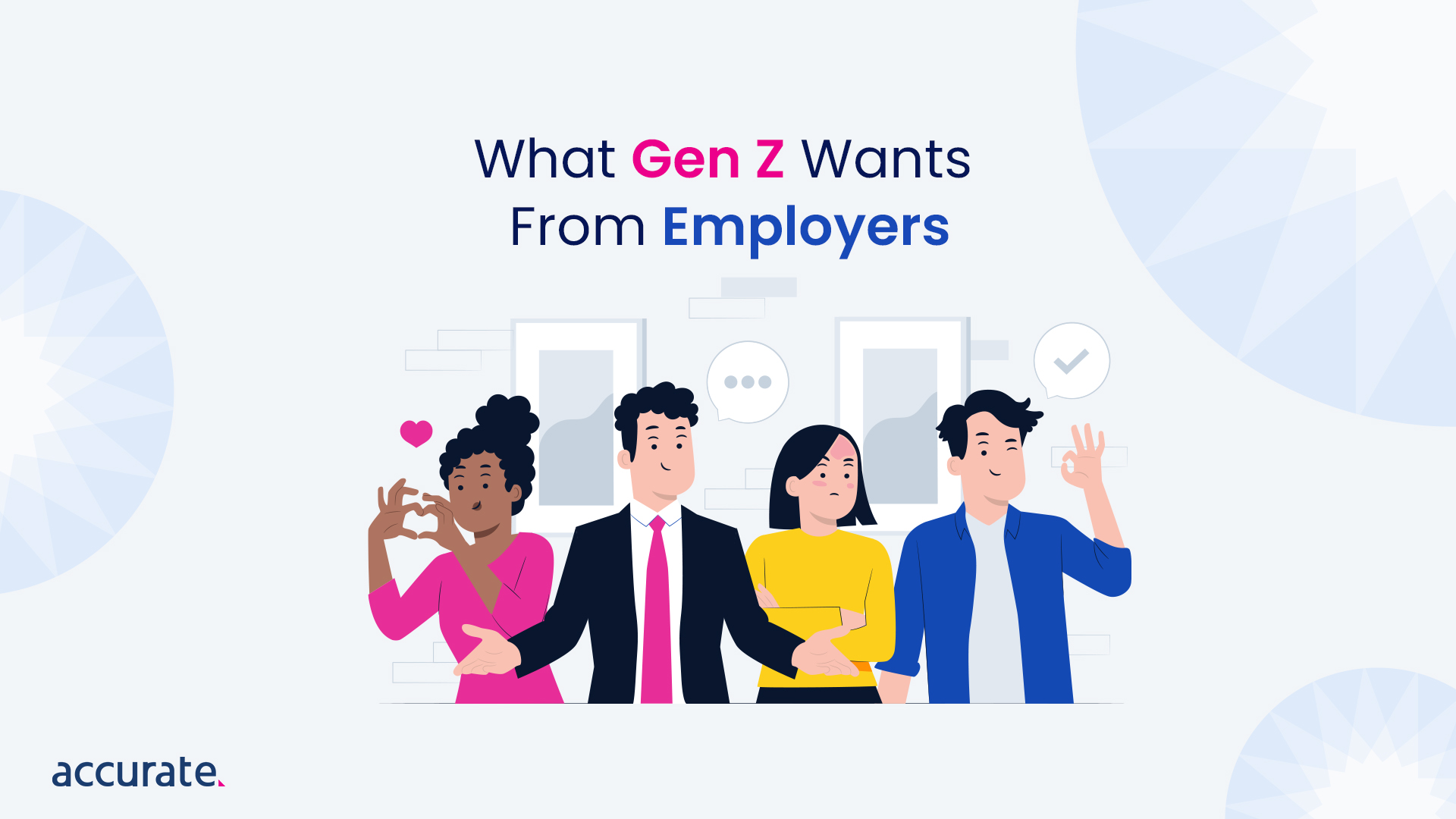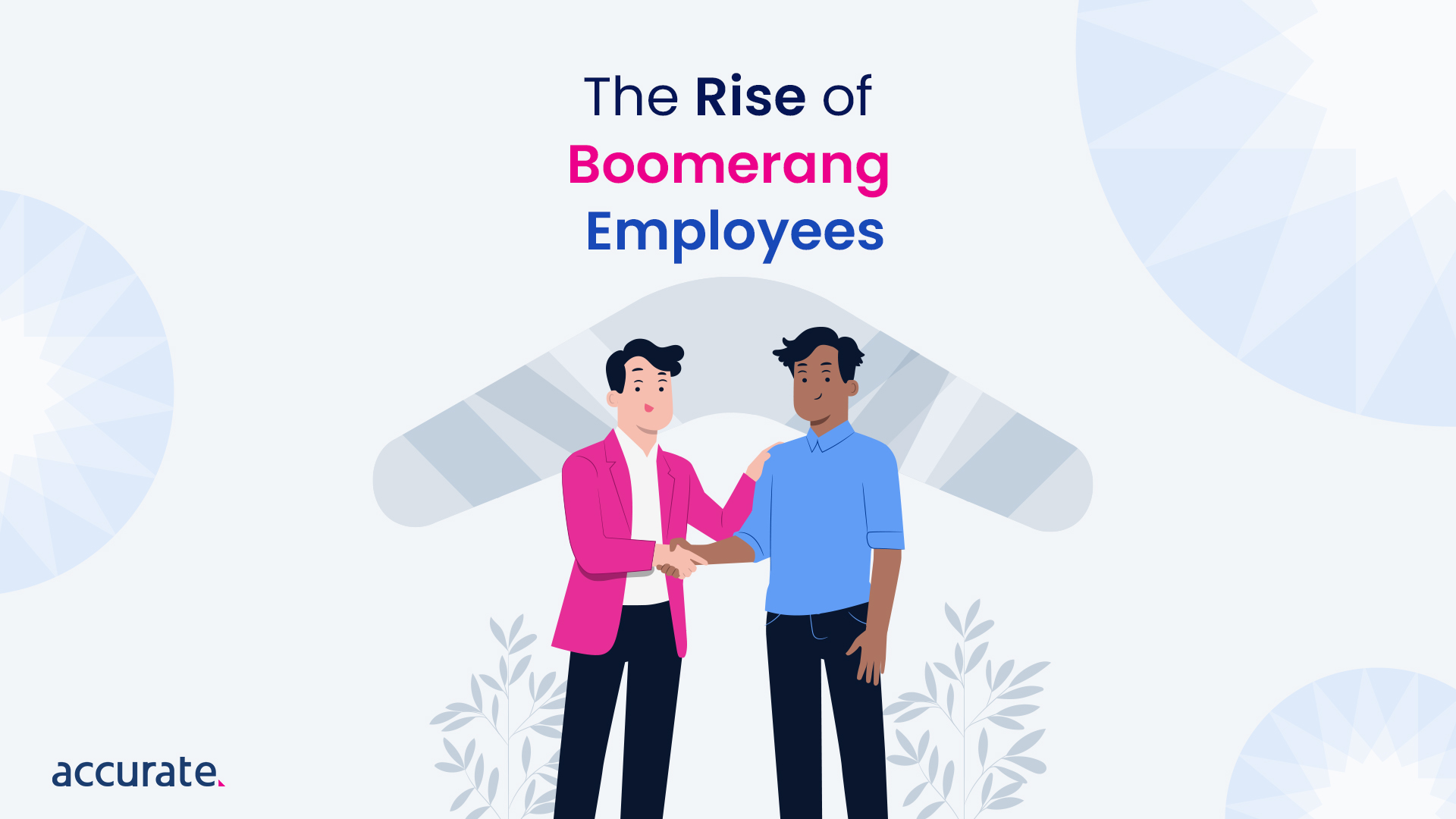Safety and trust form the bedrock of the construction industry. With high-risk environments and complex projects, ensuring the reliability and competence of every team member is paramount. Background screening emerges as a proactive strategy to mitigate risks and uphold the industry’s standards.
This article explores how background checks contribute to safety, compliance, legal obligations, and overall risk management in construction.
Enhancing Safety on Construction Sites
Construction sites are inherently hazardous environments. The conduct of each employee can significantly impact the safety of the entire workforce. Background screening is vital in identifying potential risks before they manifest on-site.
Criminal history checks are particularly relevant in construction. They can reveal past behaviours that might indicate a propensity for unsafe practices or disregard for rules. For example, a history of drug-related offences could raise red flags about an individual’s suitability for operating heavy machinery.
Beyond criminal records, background screening can uncover other relevant information:
- Past workplace safety violations
- History of accidents or injuries on the job
- Substance abuse issues
- Falsified qualifications or certifications
Ensuring Compliance with Industry Regulations
The Australian construction industry operates under strict regulatory frameworks. Work Health and Safety (WHS) laws, in particular, place significant responsibilities on employers to ensure a safe working environment.
As of 2024, while there’s no federal legislation mandating background checks in construction, many states and territories have implemented regulations that effectively require them for certain roles.
For example:
- In New South Wales, the Construction Industry Induction Training (White Card) requires a background check.
- Queensland’s Building and Construction Commission (QBCC) conducts criminal history checks for licence applicants.
Verifying credentials, licences, and certifications is necessary for compliance. This includes:
- Trade licences (e.g., electrical, plumbing)
- High-risk work licences (e.g., for crane operators, scaffolders)
- Construction induction cards (White Cards)
- Relevant tertiary qualifications or apprenticeship completions
The consequences of non-compliance can be severe. Companies found employing unqualified or unlicensed workers may face:
| Consequence | Potential Impact |
| Financial Penalties | Fines up to $3 million for corporations (as of 2024) |
| Legal Action | Civil or criminal proceedings |
| Project Delays | Work stoppages due to compliance issues |
| Reputational Damage | Loss of contracts and future opportunities |
Background screening helps construction companies manage this highly regulated industry. It provides documented evidence of due diligence in hiring practices, which can be invaluable in demonstrating compliance to regulatory bodies.
Mitigating Financial and Reputational Risks
Background screening serves as a powerful tool for construction companies to reduce both financial and reputational risks.
SafeWork SA reports that worker injury claims in the construction industry average $20,000 per person, amounting to $29 million annually. These figures underscore the substantial financial impact of workplace incidents. Thorough background checks can significantly lower the risk of hiring individuals who might contribute to such costly events.
Verifying qualifications and ensuring compliance with safety regulations are essential aspects of background screening. Employment verification and qualification checks help employers ensure their workers can perform their jobs safely and competently.
Background checks also bolster a company’s reputation. In an industry where safety is paramount, a reputation for thorough vetting processes can enhance a company’s standing with clients and regulators alike.
Key areas that background checks address include:
- Drug and alcohol screening: This helps reduce workplace accidents caused by impaired workers.
- Criminal record checks: These ensure that individuals with relevant criminal histories are not placed in positions of trust or responsibility.
- Verification of skills and qualifications: This confirms that workers have the necessary training and certifications for their roles.
Investing in comprehensive background screening allows construction companies to protect their workforce, assets, and reputation. While implementing these checks may incur upfront costs, they pale in comparison to the potential expenses of workplace incidents, legal issues, and reputational damage that can stem from negligent hiring practices.
Streamlining the Hiring Process with Professional Screening Services
While the benefits of background screening are clear, implementing a comprehensive program can be challenging for construction companies. This is where professional screening services prove invaluable.
Partnering with a specialised background screening provider, like Accurate Background, offers several advantages:
Expertise in Relevant Checks: Professional services understand the specific needs of the construction industry. They can advise on and perform the most relevant checks, including:
- National Police Checks
- Working with Children Checks (where applicable)
- Employment history verification
- Education and qualification checks
- Licence and certification verifications
- Global watchlist and sanctions checks
- Efficiency and Speed: Modern screening technologies allow for faster turnaround times without compromising thoroughness. This is particularly important in the fast-paced construction industry, where project timelines are often tight.
- Compliance and Legal Knowledge: Professional screening services stay up-to-date with changing regulations and privacy laws, ensuring that all checks are conducted legally and ethically.
- Comprehensive Reporting: These services provide clear, detailed reports that are easy to interpret and can be seamlessly integrated into hiring decisions.
- Scalability: Whether you’re hiring for a small project or staffing a major development, professional services can scale to meet your needs.
When choosing a screening partner, look for a provider with specific experience in the construction industry. They’ll understand the unique requirements and risks associated with construction roles.
Implementing an Effective Background Screening Program
To maximise the benefits of background screening, consider the following best practices:
- Develop a clear policy: Outline which checks will be conducted for each role and how the results will be used in hiring decisions.
- Obtain informed consent: Ensure candidates are fully aware of the screening process and provide written consent.
- Tailor checks to roles: Different positions may require different levels of scrutiny. For example, a site manager might need more extensive checks than a general labourer.
- Conduct regular rescreening: Consider implementing periodic checks for existing employees, especially for those in safety-critical roles.
- Maintain confidentiality: Handle all screening information with the utmost discretion, in compliance with privacy laws.
- Provide a fair process: Allow candidates the opportunity to explain any negative findings before making final decisions.
- Stay updated: Regularly review and update your screening processes to align with changing regulations and industry best practices.
Key Takeaways
- Background screening is essential for maintaining safety and trust in the construction industry.
- Thorough checks help ensure compliance with industry regulations and avoid costly penalties.
- Proper screening mitigates financial and reputational risks associated with negligent hiring.
- Professional screening services offer expertise, efficiency, and compliance knowledge.
- Implementing a comprehensive screening program involves clear policies, communication, and ongoing review.
In an industry where the stakes are high and the margins for error are slim, background screening isn’t just a precaution—it’s a necessity. By investing in thorough vetting processes, construction companies can build a foundation of trust, safety, and excellence that will serve them well into the future.
Contact us today to find out more about how we can help you with your company’s background screening requirements.
DISCLAIMER: Accurate prepared these materials for informational purposes only. These materials are not intended to be comprehensive and are not a substitute for, and should not be construed as legal advice. Accurate does not warrant any statements in these materials. Employers should direct questions involving their organisation’s compliance with or interpretation or application of laws or regulations and any additional legal requirements that may apply to their own legal counsel.



